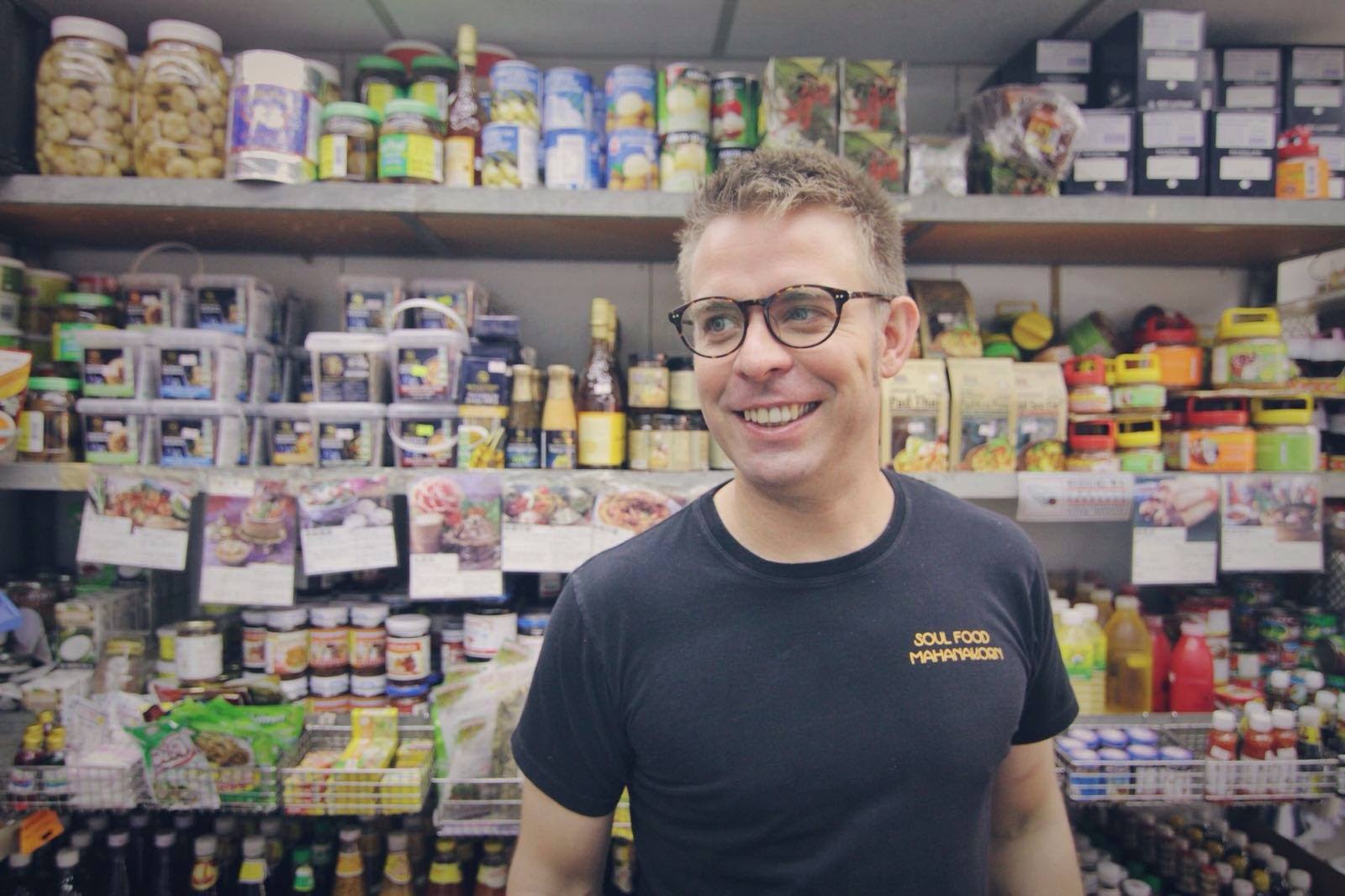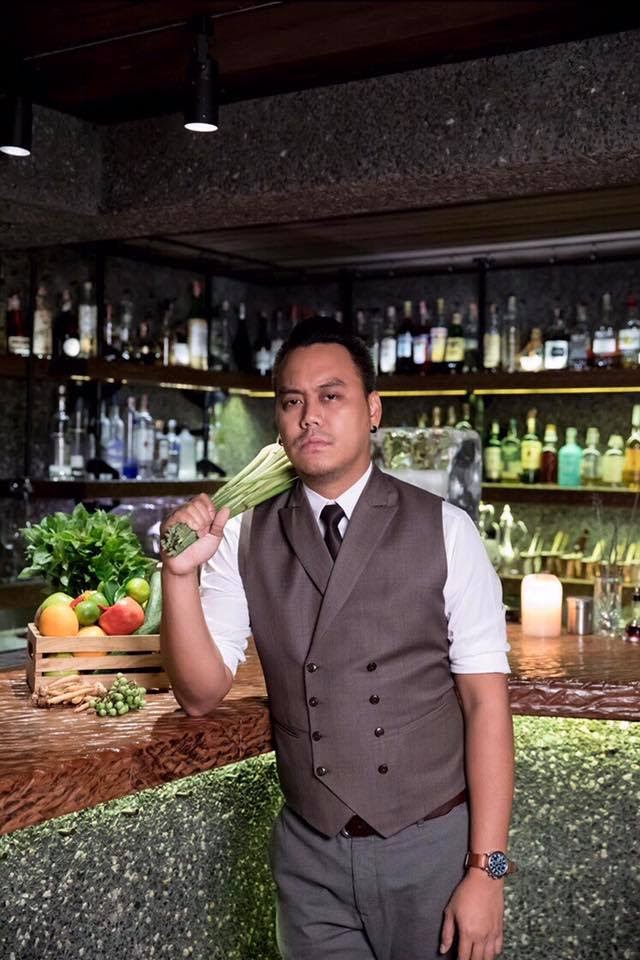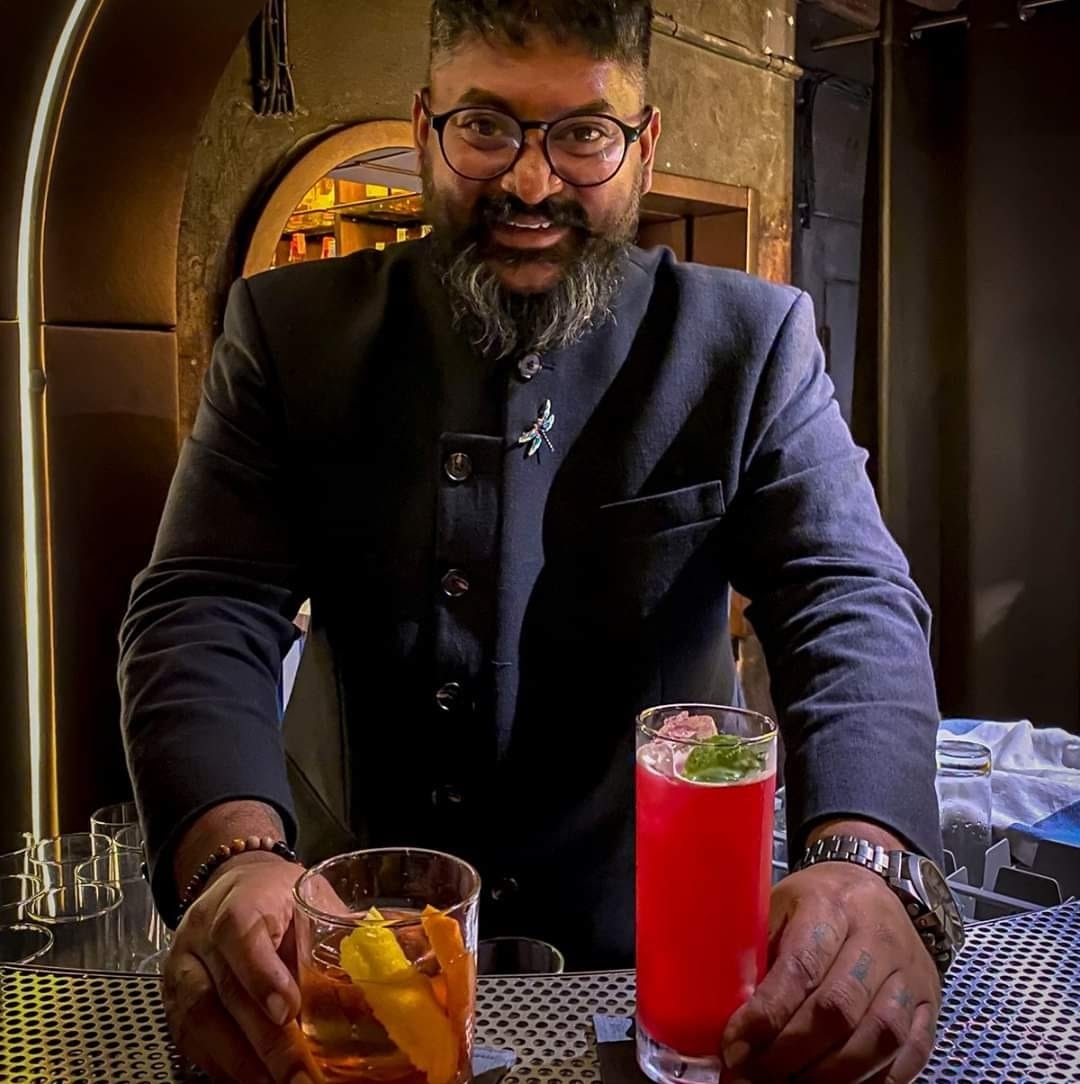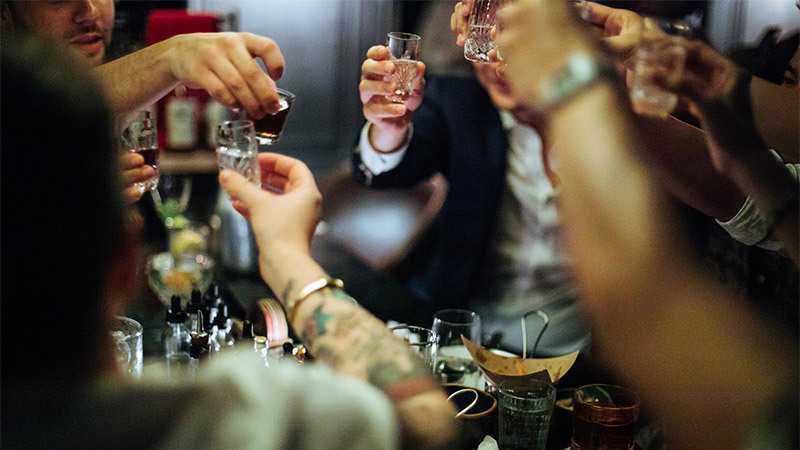Restaurants that survived months of closure and can now only seat a fraction of their usual customers say the ongoing ban on alcohol is killing their businesses.
Four restaurant and bar operators said they are hemorrhaging money and losing upward of half their revenues due to a prohibition on the sale and consumption of alcohol, a rule they say may be well-intentioned but makes little sense.
“A foreigner once asked me ‘I’m a Catholic why can’t I drink alcohol?’ because he thought it was banned out of religious reasons,” said Supawit “Palm” Muttarattna, who represents a group of restaurants. “I didn’t know how to answer him. Friends I know who work in restaurants and bars in other countries don’t face the same problem.”
Supawit described the ongoing ban on the consumption and sale of alcohol as “funny” and “strange.” The bar manager of restaurant group Foodie Collection – which includes II Fumo, 1919, La Dotta, Vesper – said the one-size-fits-all rule is suffocating a whole business.
“Why doesn’t the government apply a different rule to each kind of restaurant, since each has to apply for a different kind of license to operate?” Supawit said, noting that profits at Silom-area 1919 have fallen by half. “Customers of each type of restaurant come with different needs.”
American food writer-turned-restaurateur Jarrett Wrisley said he has lost up to 50% of revenues due to the prohibition, on top of the 30% to 50% losses due to seating restrictions to maintain social distancing.
The owner of Italian restaurant Appia in Soi Sukhumvit 33 and Thonglor’s Soul Food Mahanakorn described the ongoing ban as “completely unnecessary” and “devastating.”
“It makes absolutely no sense,” Wrisley said. “It’s a bloodbath.”
Thailand seems alone in banning booze only at restaurants. Indeed, the only mention the World Health Organization makes of alcohol in its recommendations for restaurants is that it be readily available as sanitizer.

The bar manager Eat Me, counted one of 2018 Asia’s 50 best restaurants, said his restaurant won’t bother reopening until the day bars and pubs are granted permission.
“We are a full bar and restaurant, and most of our profit comes from booze,” Boontanes “Pop” Direkrittikul said. “Early on the outbreak, we tried to serve food with home delivery for a few weeks before we decided to give up. The operational costs, such as worker’s wages and electricity, weren’t worth it.”
Although dining in at restaurants has been allowed since May 3, all bars remain closed under government order. Restaurants may sell alcohol for takeaway or delivery only.
Boontanes added that his Australian boss didn’t want to risk his 22-year-old restaurant’s reputation and the health of his employees by reopening at this time, because he was unclear about the guidelines.

The head of the guild of alcohol sellers said consideration must be made for a massive industry that is experiencing painful losses across the board. The industry, which generates about THB370 billion in sales annually, was down 40% from February to May from the same period last year.
“The main part of dining in restaurants is eating food paired with alcohol. Since booze drinking inside the restaurants is still banned, restaurants have to hold their breath and try to help themselves with takeaway alcohol,” said Thanakorn Kuptajit, president of the Thai Alcohol Beverage Business Association.
He said it has been a gut punch to an industry already hobbled by the ban on advertising his group and sellers are asking be struck down.
“The booze ban in April, which was like the best-selling month for alcohol, already did damage to the industry,” he said. “Does the government want to massacre all alcohol sellers across the country?”
There are so many issues of historic importance going on worldwide that deserve our attention. Here’s a a relatively insignificant one that might affect a few people in Thailand: many independent restaurants you know and love are slowly dying under these restrictions.
— Jarrett Wrisley (@WrisJarrett) June 4, 2020
For its part, the government says the rules are painful but necessary measures to keep COVID-19 from returning. While Thailand by all appearances has emerged mostly unscathed, the global pandemic is worsening, with the most new cases reported today. Outbreak response spokesperson Taweesilp Wisanuyothin has repeatedly cited links to a fresh outbreak in South Korea to an infected bar patron to underscore their caution.
Still, owners say it’s been an overreach by officials with reliably zealous anti-alcohol attitudes.
Foodie Collection’s Supawit said that while he understood banning booze at bars and bar-restaurants where people gather to carouse, it makes no sense to apply the same rule to upscale eateries that can enforce social distancing.
Of course, bars are feeling the most pain. They’ve been told they must remain closed until July 1 at the soonest.
Update: Drinking at Bangkok’s restaurants may soon be a thing again: health officials
Asked if he agreed with the order that they must remain closed, veteran bartender Shavinraj Gopinath said “yes and no.”

“I understand the reasons as to why the government is very cautious about the extension until July 1,” said Shavinraj, who’s recently held court at basement speakeasy Philtration. “They want to avoid another incident that will lead to a mass infection.”
But he cited the growing ranks of unemployed struggling to take care of themselves and their loved ones.
“What’s being done for them?” he added.
Shavinraj, who describes himself as the bar scene’s “Fairy Godfather” and is likely familiar to regulars of The Iron Fairies and the late Maggie Choo’s, said a blanket ban is sustainable neither “for business nor for the economy.”
“If restaurants can be open for sit-in with restrictions, then there are very few reasons why bars can’t be given some extra measures and effort.”
Related
‘We’re not drug dealers’: Brewers, bar owners want advertising ban lifted




